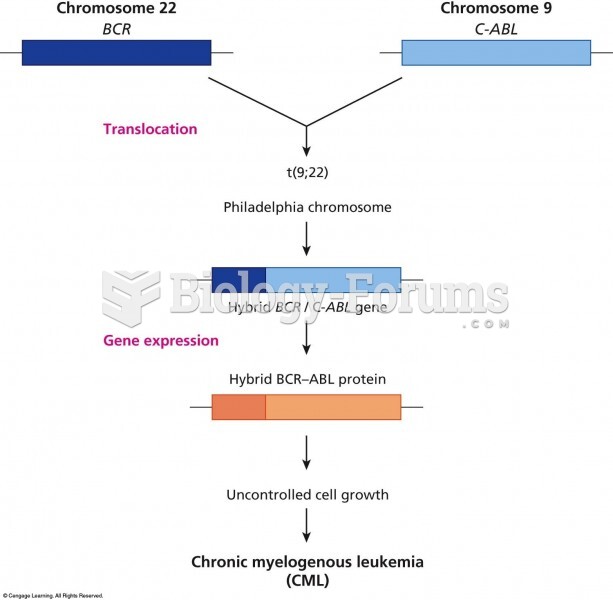Answer to Question 1
For most of the 20th century, a person's genetic traits were thought to be unalterable. Once a person inherited risk of disease, it was believed that there was little that could be done to change that risk. The field of epigenetics has drastically disrupted our understanding of genetics and has shown that environmental choices change the way our genes work and that certain genes can be turned off and on by lifestyle choices. This happens at the molecular level through one of two processes.
Chemical tags called methyl groups can be added directly to DNA to switch genes off. Meanwhile, other chemical tags can be added to the proteins (called histones) around which DNA wraps itself, like spool on a thread. These tags then turn genes off by coiling the bundle of protein and DNA tightly so they cannot be reached for transcription, or turn genes on by unfurling DNA for open transcription. These tags are added or removed depending on lifestyle choices. Whether the gene is available to be expressed depends on the tags sitting on top of the gene. The word epigenetics means on top of genetics. A person's genome has been compared to computer hardware, while the epigenome has been compared to computer software, telling the genome how to work.
Epigenetic processes can encourage tumor-friendly changes that do not involve a mutation, or they can help deter tumor development. Epigenetics is already used in some cancer treatments that silence certain genes and reactivate others. Perhaps even more ground-breaking, researchers have discovered that epigenetic changes acquired by the environment can be passed down from parent to offspring. While these changes are reversible, they can be detected in offspring two or three generations later. For example, traumatic experiences in one generation may produce fearful associations in offspring. Food choices, in particular, affect our epigenetic code. You may be answering for food choices your grandparents made. Equally, your grandchildren may someday answer for the food choices you make.
Answer to Question 2
Cancer starts with the abnormal growth of one cell, which can then multiply into billions of cancerous cells. A critical turning point in the development of cancer is when a tumor reaches about a million cells. At this stage, it is referred to as carcinoma in situ. The undetected tumor may go for months or years without significant growth. While it remains encapsulated, it does not pose a serious threat to human health.
In time, a few of the cancer cells start producing chemicals that signal the body to start angiogenesis, or the growth of a new network of capillaries (blood vessels) that penetrate the tumor and help it grow by delivering oxygen and nutrients and carrying away waste products. During normal healthy processes, angiogenesis is limited to a few infrequent functions such as healing wounds or development during pregnancy.
During cancer, angiogenesis is the precursor of metastasis. Through the new blood vessels formed by angiogenesis, cancerous cells now can break away from a malignant tumor and migrate to other parts of the body, where they can cause new cancer.







